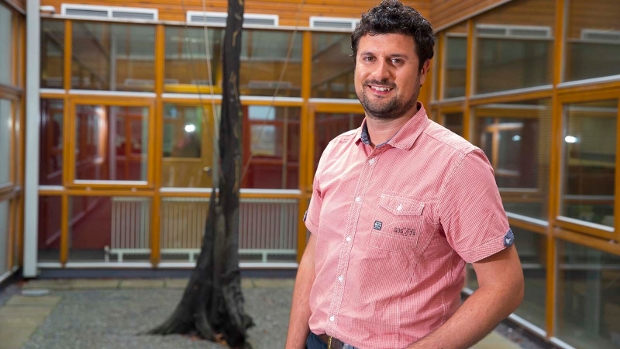A team from Waterford Institute of Technology will be leading a €500,000 molecular communications project financed under the European Commission’s Horizon 2020 programme as part of the Future and Emerging Technology (FETOpen) funding scheme.
CIRCLE will coordinate key work in areas such as shrinking cancerous tumours and detecting threats to crops across the globe and provide a support infrastructure for coordination of research in the emerging communications area across Europe.
The molecular communications research field seeks to leverage biological phenomenon at the molecular level – such as inter cell communication, usage of the immune system, bacterial DNA transfer, neuronal signaling and calcium signaling – to build a communications infrastructure for nano-scale devices that can be deployed and coordinate sophisticated operations within biological systems such as the human body.
This work could have numerous application in healthcare, specifically the treatment of tumours.
“The combined detection and treatment techniques include circulating tumour cell detection in the bloodstream, injection of genetically modified bacteria into the tumour mass, real time monitoring of the tumour evolution and bacteria transcriptome, proteome, and concentration in time and body organs, thus leading to a plethora of highly disruptive treatment techniques to be developed,” said Dr Alan Davy of the Telecommunications, Software & Systems Group at WIT (pictured).
Partners in the CIRCLE project come from the UK, Spain, Belgium, Turkey, Italy, Finland and the Netherlands.
“The challenge at this time lies in the fact that without a clear and coordinated research agenda for the community, advances in this highly disruptive technological space may be some 50 years away.
“The research being coordinated by this project can have a highly disruptive impact on how medical treatments interact with biological systems such as the human body, from high precision drug delivery to nano-scale medical procedures.
“The CIRCLE project will serve to coordinate ongoing research activities in the area of molecular communications to lay the foundations for the development of disruptive applications within the next 20 years. CIRCLE is a critical first step along this path.”
TechCentral Reporters








Subscribers 0
Fans 0
Followers 0
Followers